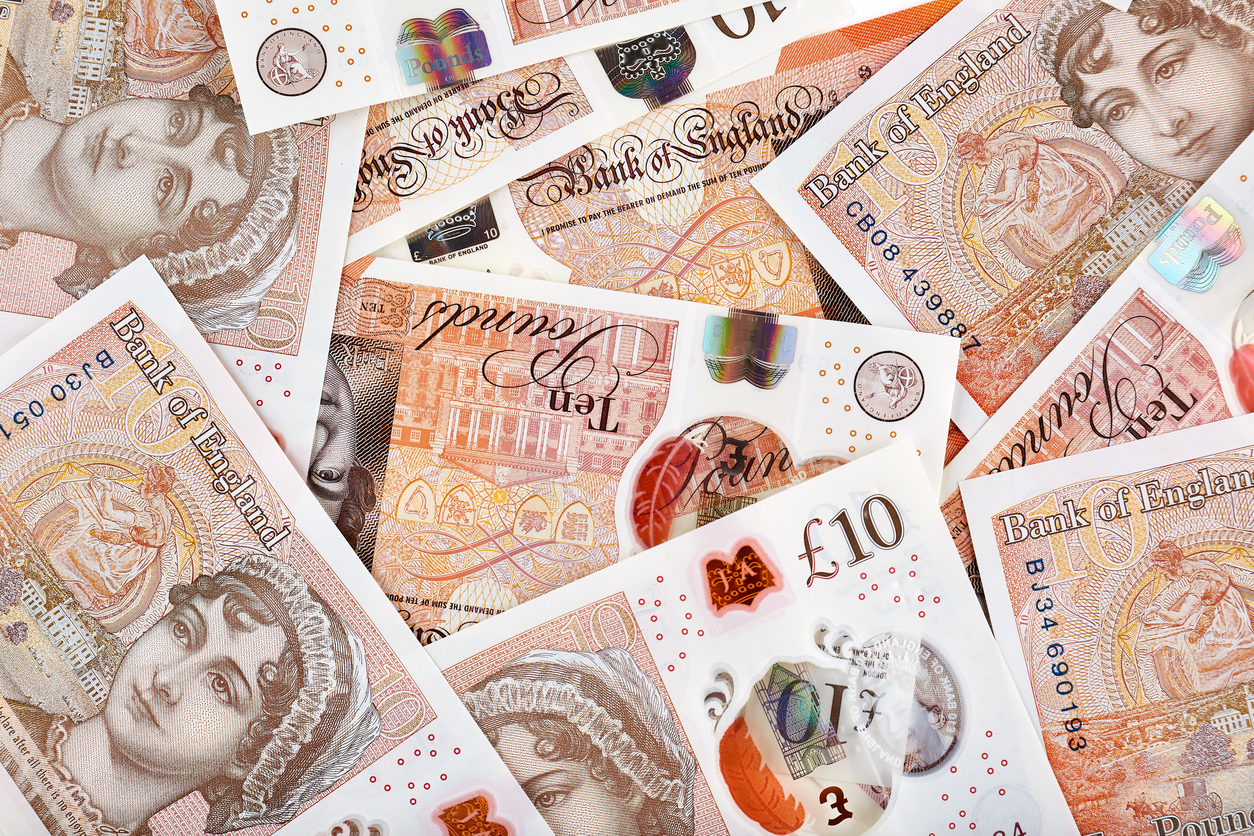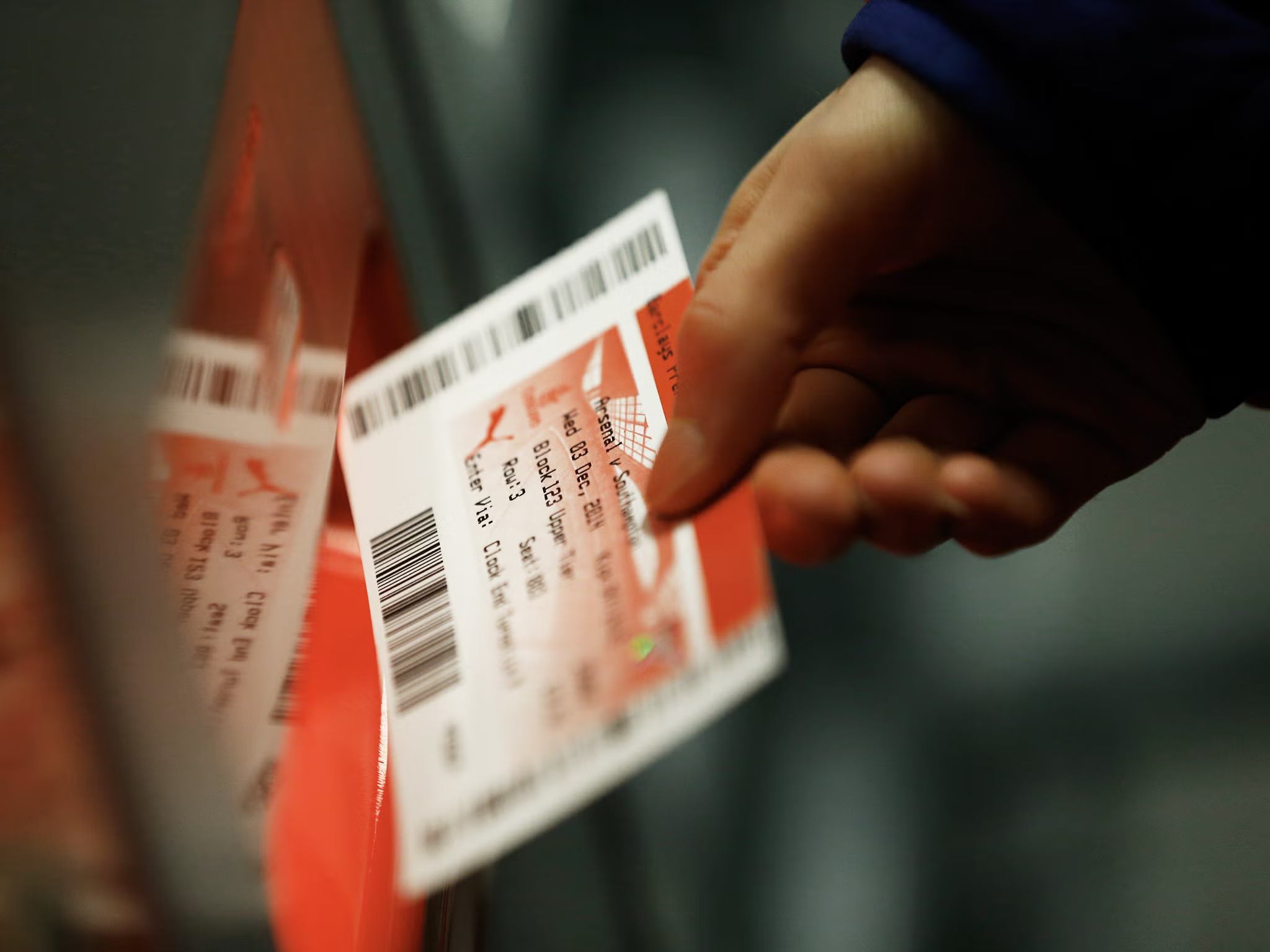The UK government unveiled a bold new law recently to clamp down on inflated ticket resales for sports events. Fans across rugby, tennis, boxing, Formula One, and athletics cheered the move. It promised an end to the ruthless mark-ups that have plagued live events for years. Yet for Premier League supporters, the victory rang hollow. Football, the sport with the most rampant resale inflation, sits squarely outside the protections. This glaring omission in the November 19th announcement has ignited fresh outrage among fans already reeling from soaring costs.
Premier League ticket prices have surged amid the cost-of-living squeeze. Season tickets climb higher each year, dynamic pricing adds unpredictability, and so-called authorised resellers blur the line between official and opportunistic. The government's choice feels like salt in an open wound. It underscores how outdated rules leave football's devoted base exposed. Loyal supporters who pack stadiums week in and week out now face another barrier to the game they love. The fallout extends far beyond one matchday. It chips away at the communal spirit that defines the sport.
Why Football Is Exempt — And Why It Hurts Fans Most
The fresh legislation prohibits reselling sports tickets above face value for most events. Rugby unions, Wimbledon courts, boxing rings, and F1 circuits all gain safeguards against profiteering. Football draws the short straw entirely. Its ticketing remains shackled to the 1994 Criminal Justice and Public Order Act. That law emerged from concerns over hooliganism and crowd chaos, not to shield consumers from gouging. It bans resales except through club-approved channels, but only within England and Wales.
This geographic limit creates a massive vulnerability. Resellers simply shift operations overseas, evading UK enforcement with ease. Platforms in Spain, Germany, Estonia, and Dubai thrive unchecked. They peddle tickets at premiums that mock the original prices. A BBC Panorama investigation laid bare the scale just last month.
For a routine Arsenal versus Nottingham Forest clash, resale listings topped 18,000. That figure rivals a third of the Emirates Stadium's capacity. Prices spiked from £55 to an astonishing £14,962 per seat. Regular fixtures should unite communities, not divide them by wallet size. Fans scraping by in tough economic times find these barriers insurmountable. The emotional toll mounts as families miss out on traditions passed down generations.

A ticket tout holds a stack of high-demand tickets — the very profiteering practice ministers aim to end as the UK moves toward a full ban on above face-value resales.
The Black Market That Costs Fans More Every Season
The Premier League commands global eyes, yet ticket supply lags far behind hunger. This mismatch fuels a shadowy resale empire. Industry estimates peg the illicit football ticket trade at £200 million to £300 million yearly. Fans routinely shell out £120 to £180 extra per ticket on secondary sites. Top-six showdowns see mark-ups balloon past 500 percent without a second thought. These aren't outlier events. They define the league's pulse.
The human cost cuts deep. Supporters who embody the club's soul get edged out by faceless bots and bulk buyers. Clubs suffer too in subtle ways. Unused season seats from no-show resellers mar the atmosphere. Hacked digital passes invite breaches that erode trust. Premium hospitality deals vanish into offshore voids, siphoning vital income. Even broadcast appeal dips with visible gaps in the stands. Sponsors notice, and revenue streams dry up. The Premier League craves packed houses for every reason from optics to earnings. This unregulated chaos undermines it all. Fans and teams bleed cash while foreign operators pocket the gains. The injustice stings, especially as other sports step into a fairer era.
According to analysis reviewed by Finance Monthly, the grey market's unchecked growth exacerbates these losses. It turns what could be a controlled revenue source into a wild, unpredictable drain.
The Economic Drain: How Football's Loophole Robs the UK Economy Blind
Unregulated ticket resales cast a long shadow over more than just matchdays. They ripple through the broader economy, hitting hospitality and local businesses hardest. Picture the secondary market as a hidden engine. When fans buy resale tickets through safe, verified platforms, they often splurge on extras like travel, meals, and merchandise. That spending juices up pubs near stadiums, hotels for away supporters, and even broader tourism. But football's exemption locks this into a dodgy grey zone. Fraud spikes, tickets go unused, and that economic boost evaporates.
Owen Good, head of economic advisory at the Centre for Economics and Business Research, warns of the peril in letting this fester. He notes that even modest shifts away from regulated resales could slash UK economic activity by £183 million annually across sports events. "The potential cost to the UK economy of even a small increase in unused tickets is extremely significant," Good states. Hospitality sectors bear the brunt, from empty restaurant tables on game days to idle taxis waiting in vain. For context, that £183 million dwarfs the funding for Team GB's entire Paris 2024 Olympics push. In football terms, it matches selling out Wembley Stadium ten times over at £90 a ticket.
This isn't abstract theory. A real-world glimpse comes from last season's Manchester derby resales. Fans overpaid by hundreds, but many deals soured into scams, leaving seats empty and nearby bars £50,000 short in projected takings for one evening alone. By excluding football from the ban, the government forfeits a chance to steer this £733 million secondary market—complete with 7,736 jobs—toward transparency. Regulated channels could capture those hospitality dollars safely, fostering growth instead of grief. It's a heartbreaking oversight. Loyal fans deserve an economy that rewards their passion, not one that penalizes it through shadows and sleight of hand. This loophole doesn't just hike prices. It starves communities of the vitality that live football should ignite.

Every £10 adds up — fans are collectively losing millions to overpriced football tickets each season, highlighting the financial impact of the unchecked secondary market.
My Take - Unfair As Usual
Football fans keep getting the raw end of the deal. They pour their hearts into the game, yet end up footing bills for a broken system. Blame lands on them for empty seats or rowdy crowds, even as profiteers lurk offshore. It's infuriating how they always rank last for real protections. When will the powers that be treat these supporters like the lifeblood they are, not convenient scapegoats?
Digging Deeper: What Fans Are Really Asking About Ticket Turmoil
Why Did the UK Government Leave Football Out of the New Ticket Resale Ban?
The exemption stems from football's ties to the 1994 Criminal Justice and Public Order Act, focused on curbing hooliganism rather than prices. That law limits resales to official channels but only in England and Wales, letting overseas sites flourish. Yesterday's announcement overlooked updating it, leaving Premier League fans vulnerable to mark-ups that hit four times face value. Lawmakers cited complexity in overhauling the old framework amid broader sports reforms. This gap persists despite calls from fan groups for inclusion, highlighting how legacy rules prioritize control over consumer fairness in the world's richest league.
How Much Extra Are Premier League Fans Paying on the Black Market Each Season?
Fans fork over £200 million to £300 million yearly to grey-market resellers, per industry trackers. Average overpayments hover at £120 to £180 per ticket, with top clashes like Liverpool versus Manchester City pushing 500 percent premiums. A single Arsenal home game saw listings from £55 to £14,962, far beyond the £60 face price. This squeezes household budgets during economic strain, pricing out families who cherish the ritual. Clubs lose too from no-shows and fraud, but the real sting hits supporters who subsidize foreign platforms without recourse or refunds.
Could Football Clubs Launch Their Own Regulated Resale Systems to Fix This?
Absolutely, and some are testing waters inspired by Wimbledon's debenture model. Clubs like Manchester United eye seat licenses for stadium rebuilds, letting fans buy long-term rights to seats they can resell safely. This regains control, caps mark-ups through club oversight, and funnels money back into grounds rather than abroad. It shields loyal buyers from scams while funding upgrades. Early pilots in lower leagues show 20 percent revenue lifts from verified resales. For the Premier League, scaling this could slash black-market dominance, restore trust, and keep prices grounded for everyday fans.














